Hello Nature readers, would you like to get this Briefing in your inbox free every day? Sign up here
After monkeypox cases exploded last month in countries such as Portugal, Spain and the United Kingdom — where outbreaks don’t usually occur — a rapid, global response followed, including the distribution of vaccines in some countries. Some researchers in parts of Central and West Africa, where monkeypox outbreaks have been occurring for years, are disheartened that such resources have not been made available in their countries. They have long been warning of the potential for the monkeypox virus, which has been behaving in new ways, to spread more widely. “Isolated solutions that fix the problem for developed countries alone and leave out developing countries will lead us through the same cycle again,” says Dimie Ogoina, an infectious-disease physician in Nigeria. “It’s just a matter of time.”
A newly discovered bacterium, Thiomargarita magnifica, challenges the definition of a microorganism: its filament-like single cell is up to a centimetre long. T. magnifica achieves its unprecedented size by having unique cellular features: two membrane sacs. One is filled with its genetic material; the other, which is much larger, helps to keep its cellular contents pressed up against its outer cell wall so that essential molecules can diffuse in and out. Researchers have dubbed these sacs ‘pepins’ — inspired by the pips in fruit — and note that they blur the line between single-celled prokaryotes and the eukaryotes (the group that includes humans), which pack their DNA into a nucleus. Eagle-eyed Briefing readers will remember this spectacular organism from February, when researchers published these results in a preprint.
Features & opinion
The US Supreme Court has overturned the landmark Roe v. Wade decision that granted nationwide protection for abortion rights. Studies suggest that the reversal of the 50-year-old ruling will be detrimental for many. More than 800 scientists and several scientific organizations provided evidence to the court showing that abortion access is a crucial component of health care and is important for women’s equal participation in society. Last month, when the draft opinion was leaked, a Nature Editorial argued that the ruling would make the United States a grim outlier among comparable countries. “Already, the United States claims the highest rate of maternal and infant mortality among wealthy nations. Should the court overturn Roe v. Wade, these grim statistics will only get worse,” said the Editorial.
Nature | 12 min read (from October) & Nature | 6 min read (from May)
Randomized trials are changing the way governments and aid organizations study — and deliver — measures to reduce inequality and poverty. Meticulously planned and carefully delivered trials are showing the benefits of early-childhood intervention and empowering women. Perhaps the biggest lesson is that the easiest and cheapest programme to administer, unconditional cash transfers, can transform lives. Researchers continue to push for improvements to their techniques to ensure that solutions can be scaled up and reach the people who need them most.
A bowl of soup offers a window onto the soul in the latest short story for Nature’s Futures series.
Andrew Robinson’s pick of the top five science books to read this week includes a love letter to wasps, a delightful book about emotions and a deeply researched look at the Krebs cycle.
This week, the Nature Podcast delves into a special collection of articles focusing on the researchers trying to quantify and reduce inequality. Plus, a look at how breast cancers metastasize differently at different times of day.
Nature Podcast | 32 min listen
Subscribe to the Nature Podcast on Apple Podcasts, Google Podcasts or Spotify.


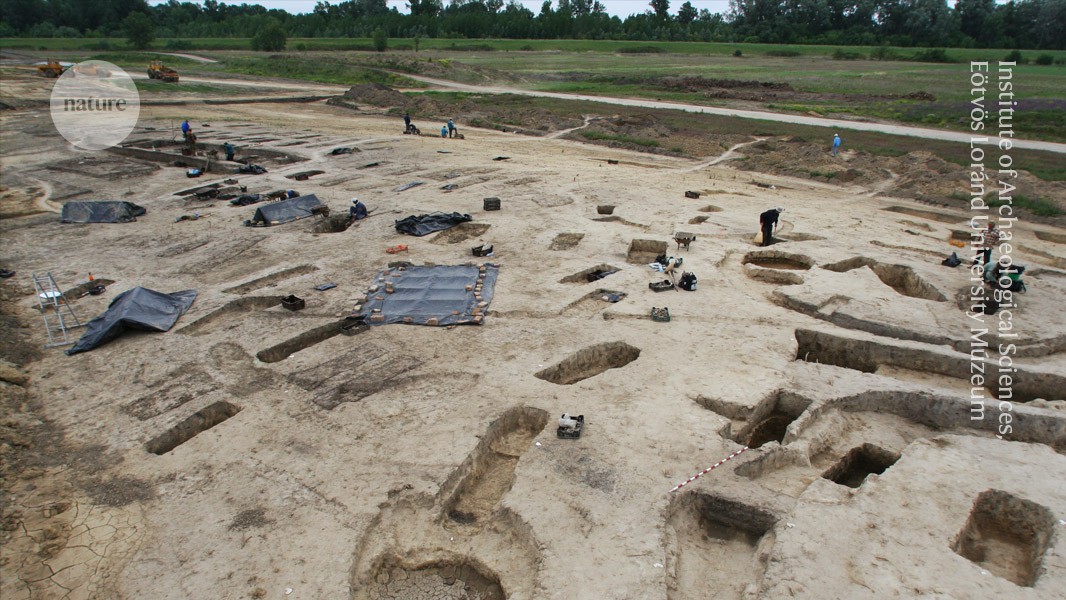



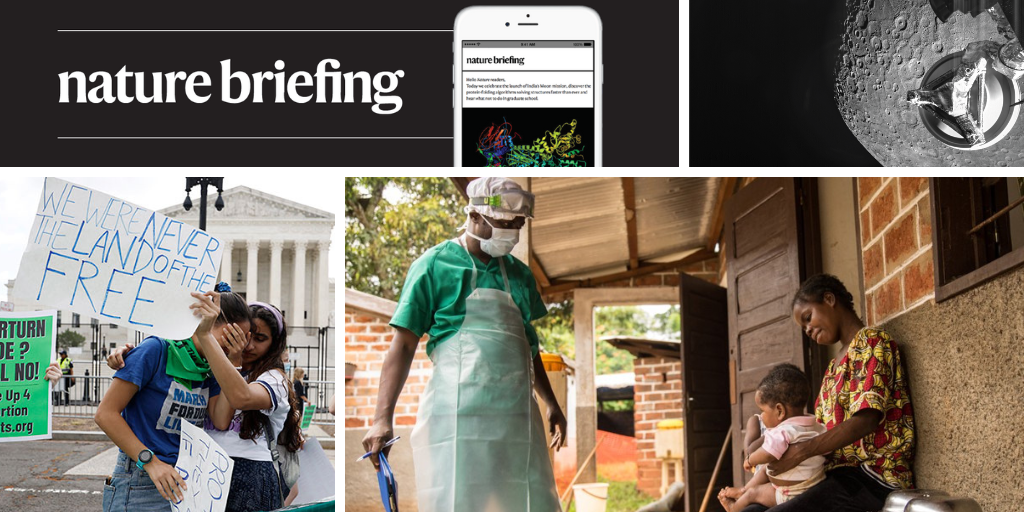
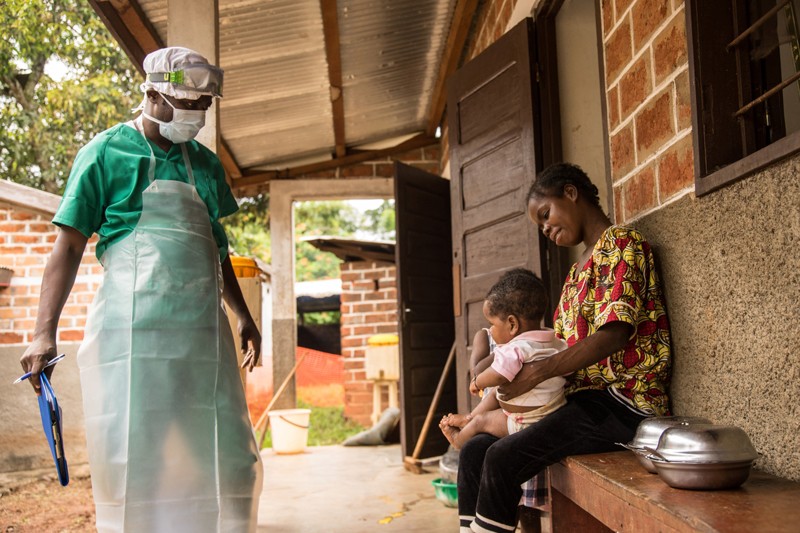
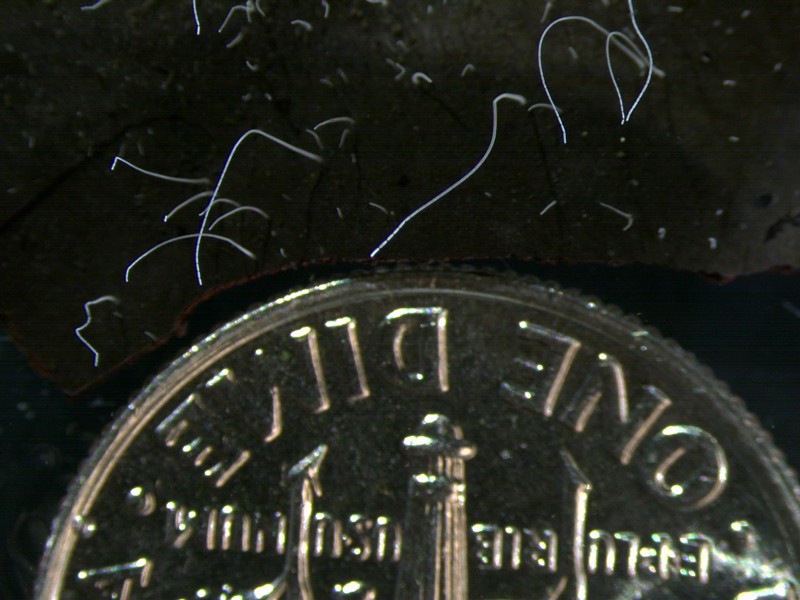
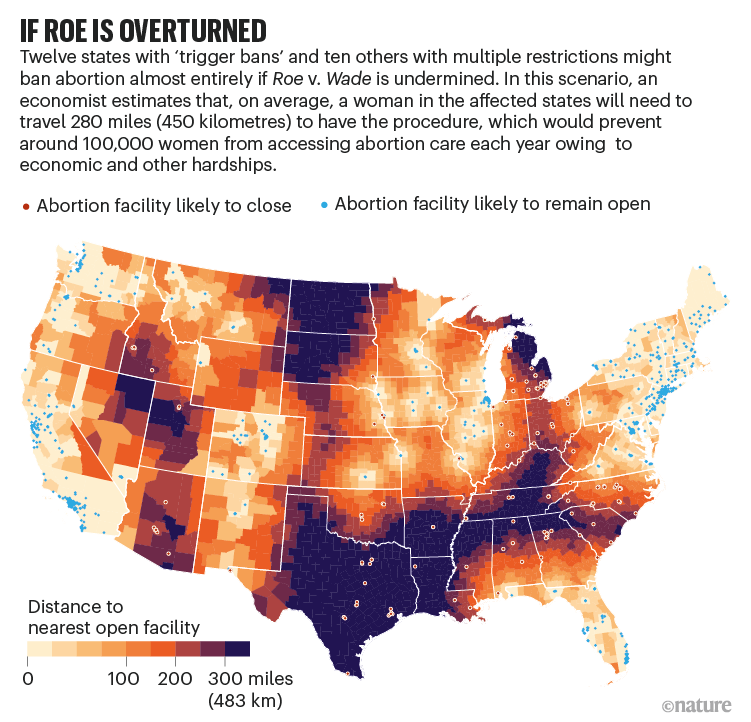
More News
DNA from ancient graves reveals the culture of a mysterious nomadic people
Rat neurons repair mouse brains — and restore sense of smell
Transient loss of Polycomb components induces an epigenetic cancer fate – Nature